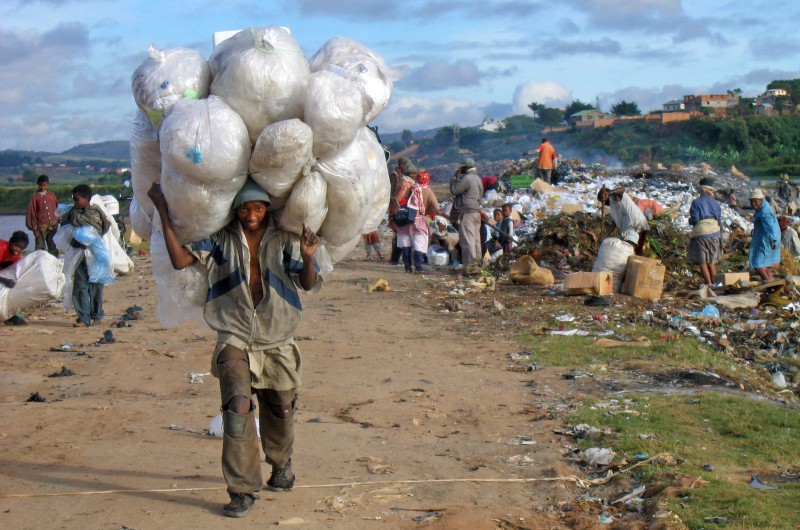People living in extreme poverty give five proposals for a global development agenda

Emerging from a sustainable development discourse saturated by “experts”, “eminent persons”, and other stakeholders, the knowledge of people living in extreme poverty, based on lived reality, is crucial to the debate. The International Movement ATD Fourth World organized a two-day seminar, with participants who experience daily hardship, to demonstrate that those who have lived extreme poverty are best equipped to end it.
Present at the seminar were also Amina Mohammed, Special Advisor of the Secretary-General on Post-2015 Development Planning; Olav Kjorven, Assistant Secretary-General at the United Nations Development Programme; as well as academics from Oxford University, UK, and practitioners in the field.
Knowledge from Experience: Building the Post-2015 Agenda with People Living in Extreme Poverty is the conclusion to ATD Fourth World’s 18 month participatory research-based evaluation of the Millennium Development Goals. This event embodied the organization’s participatory method while serving as the opportunity to release the project’s findings.
The participants worked around three themes,each introduced by a video.
- Discrimination and participation,introduced by a video showing examples from Bolivia, France and Mauritius.
- Education for all, introduced by a video showing examples from Mauritius, Burkina and the USA.
- Social protection for all, introduced by a video showing people living on a tip in Madagascar.
The recommendations indicate a goal and a process at the same time:
1. Leave no one behind
Eliminate stigmatization and discrimination based on gender, social origin or poverty. Reach out to the most impoverished population groups. Foster participatory development and service provision.
2. Introduce people living in poverty as a new partner in building knowledge on development.
Create cooperation and new forms of shared knowledge between people living in poverty and mainstream society – academics, professionals and policy-makers to increase their involvement.
3. Promote decent jobs, social protection and meeting the essential needs of all.
Invest private and public funding to create decent jobs by meeting essential needs.
4. Achieve education and training for all based on cooperation between all stakeholders.
Remove hidden barriers on equity in education. Build cooperative forms of education in partnership with communities. Ensure high quality education with improved results for people in poverty.
5. Promote participatory good governance.
Ensure that participation in governance is more than a consultation exercise, and that communities take part willingly.
For each goal, indications are given as to how to reach it at a national and international level.
The concluding event was more than just a listing of policy recommendations; it was a heartfelt expression of the knowledge of people living in extreme poverty. A panelist with a direct experience of poverty reminds us, “you can’t think for us, you need to do things with us”—how can we expect to end extreme poverty without the participation of those that know it best? Further, in its report, Towards a Sustainable Development that Leaves No One Behind: The Challenge of the Post-2015 Agenda, ATD Fourth World highlights the situations that allow for the fruitful participation of people living in extreme poverty. Juan Carlos Balthazar summarized it well, “we do not need to be welcomed with hugs and kisses. Simply treat us like human beings, the way [you] want to be treated”

